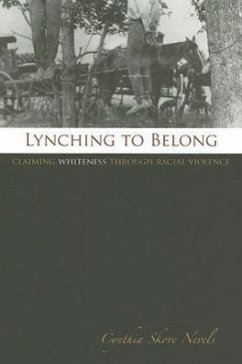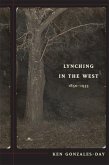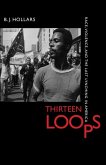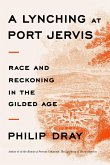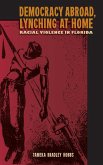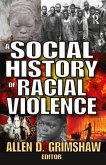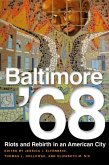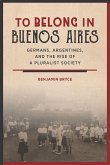Thousands of black men died violently at the hands of mobs in the post-Civil War South. But in Brazos County, Texas, argues Cynthia Nevels, five such deaths in particular point to an emerging social phenomenon of the time: the desire of newly arrived European immigrants to assert their place in society, and the use of racially motivated violence to achieve that end. Driven by economics and the forces of history, the Italian, Irish, and Czech immigrants to this rich agricultural region were faced with the necessity of figuring out where they fit in a culture that had essentially two categories: white and black. In many ways, the newcomers realized, they belonged in neither position. In the end, they found ways to resolve the ambiguity by taking advantage of and sometimes participating directly in the South's most brutal form of racial domination. For each of the immigrant groups caught up in the violence, the deaths of black men helped to establish racial identity and to bestow the all-important privileges of whiteness. This compelling and superbly written study will appeal to students and scholars of social and racial history, both regional and national.
Bitte wählen Sie Ihr Anliegen aus.
Rechnungen
Retourenschein anfordern
Bestellstatus
Storno

